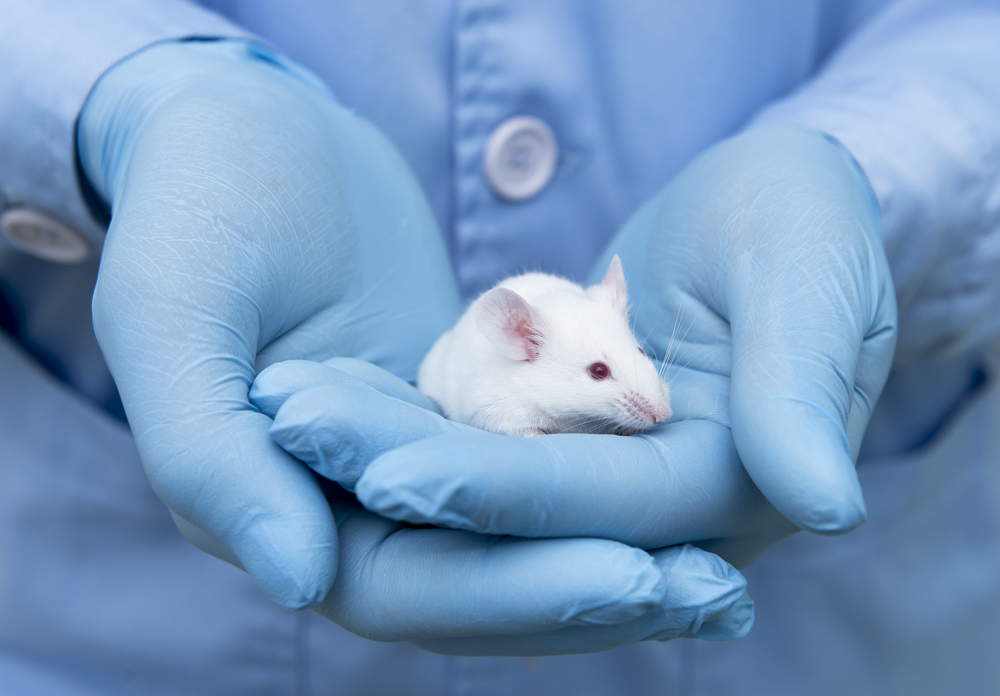Mutations in Mitochondrial Gene ANT1 Linked to Risk of Bipolar Disease in Mouse Study

Mutations in the mitochondrial gene ANT1 may increase the risk of bipolar disease by altering levels of serotonin transmission in the brain, a mouse study suggests.
The study, “Ant1 mutant mice bridge the mitochondrial and serotonergic dysfunctions in bipolar disorder,” was published in the journal Molecular Psychiatry.
Previous studies have shown that around 20% of patients with mitochondrial disease are diagnosed as being bipolar, a psychiatric disorder characterized by severe fluctuations in humor, with patients undergoing manic and depressive episodes followed by period of extreme happiness bordering on ecstasy.
Bipolar patients have deregulated levels of serotonin, a neurotransmitter shown to play a role in the feeling of well-being and happiness.
While mitochondrial function and serotonin levels have been implicated as factors causing bipolar disorder, “the relationship between these unrelated pathways has not been elucidated,” the researchers wrote.
Researchers at the the RIKEN Center for Brain Science in Japan began by screening bipolar patients for ANT1 mutations, and identified two mutations that lead to a loss of function of the ANT1 gene as potential risk factors for bipolar disease.
They then generated mice genetically engineered to lack the ANT1 gene, but only in the brain. Researchers assessed mitochondrial function and behavior in the mutant mice compared to control mice, with behavior analyzed using a tool called IntelliCage.
The results showed deficits in mitochondrial function in the mice lacking ANT1 in their brain – the mitochondria were leaky and unable to retain calcium, which is vital for their function.
To assess the animals’ behavior, researchers performed a five-choice serial reaction time test, which is used to measure impulsivity. Specifically, they assessed the number of premature nose pokes during long stimulus.
Results here showed that the ANT1-mutant mice had significantly lower impulsivity than control mice.
Moreover, the mutant mice showed high levels of serotonin turnover and hyperactivity of serotonergic nerve cells — those that release serotonin.
Overall, “our study suggests that mitochondrial dysfunction can alter activity of serotonergic neurons in bipolar disorder, and this is the first time these two lines of evidence have been linked,” Tadafumi Kato, research group leader at RIKEN and the study’s lead author, said in a press release.
These findings may lead to new therapeutics for bipolar disorder that target mitochondrial dysfunction; currently available treatments focus on serotonin.






